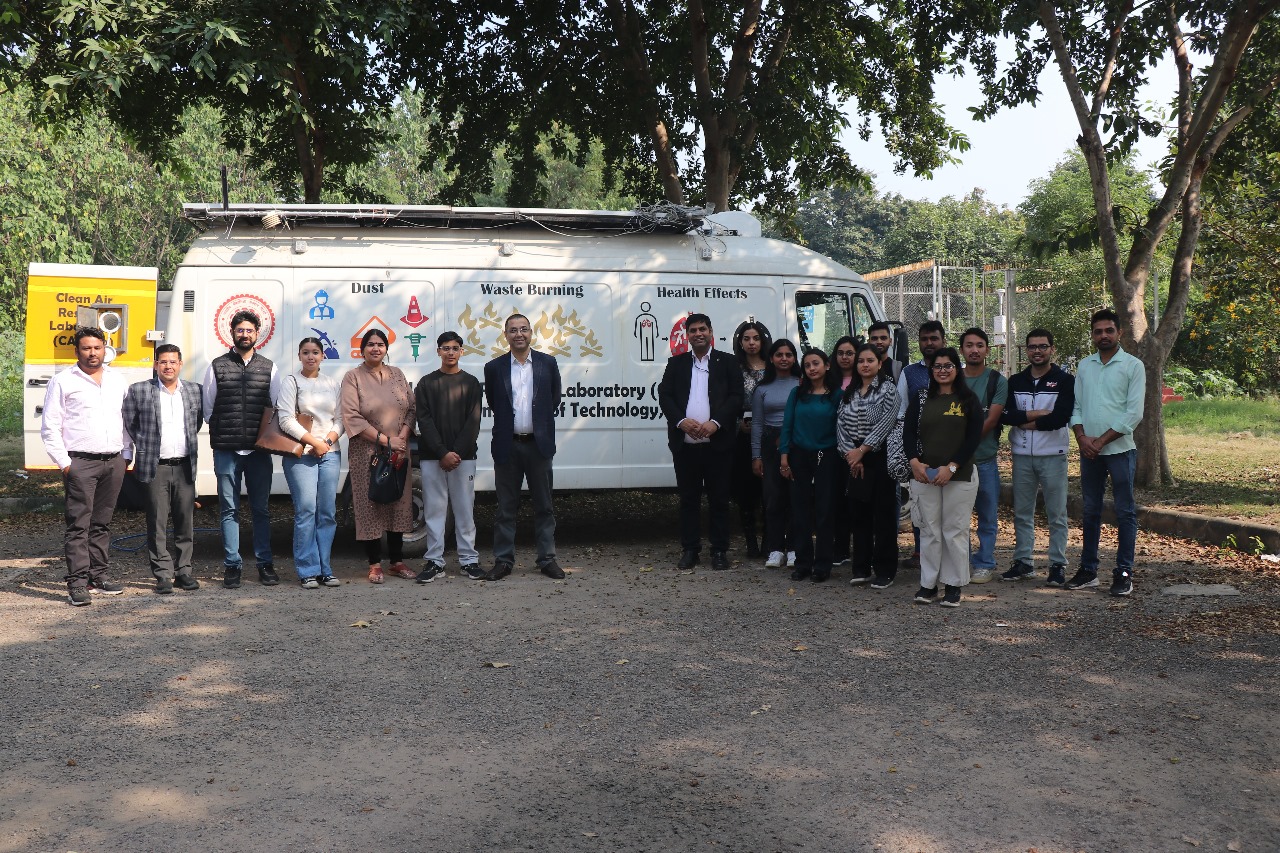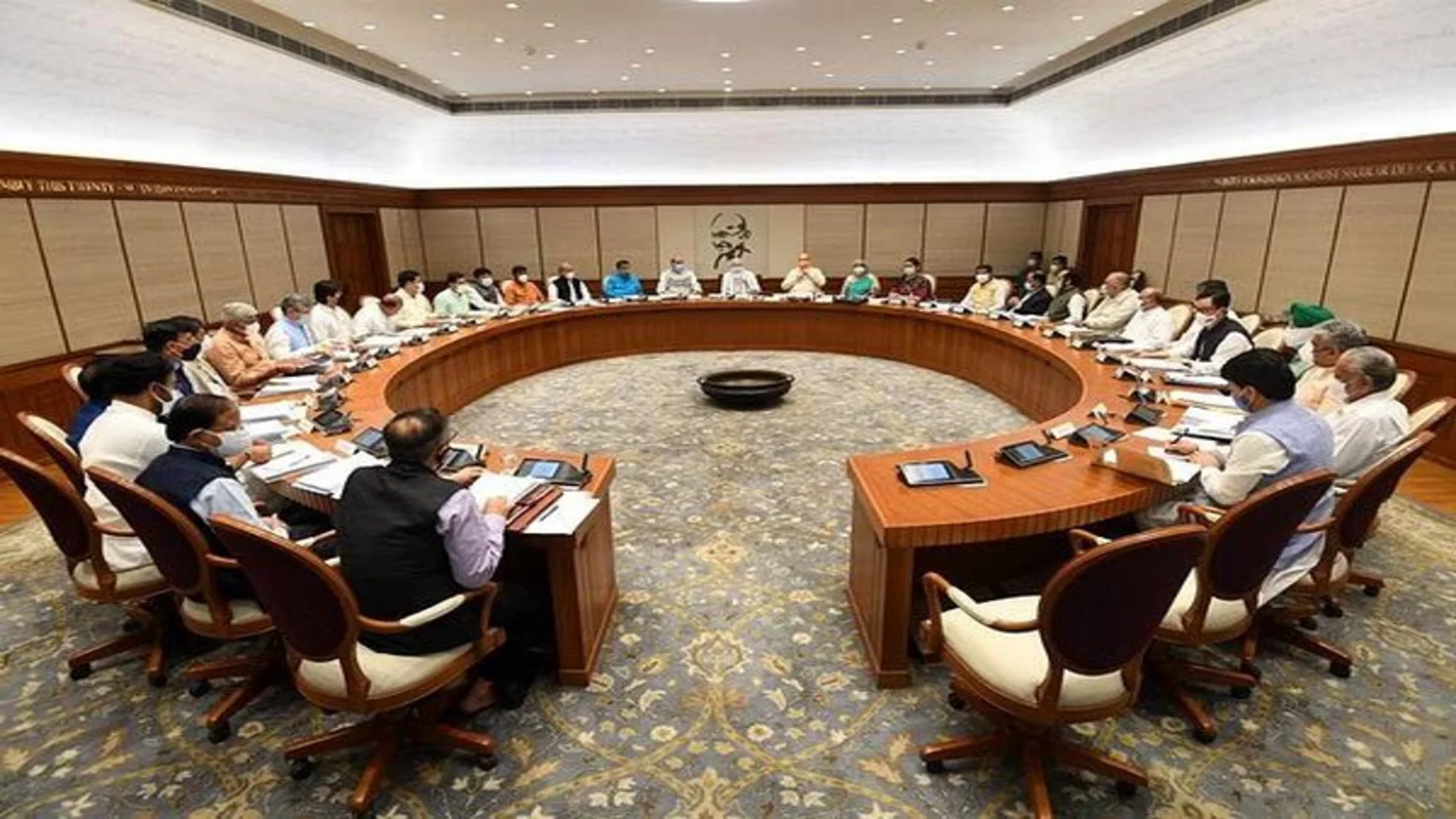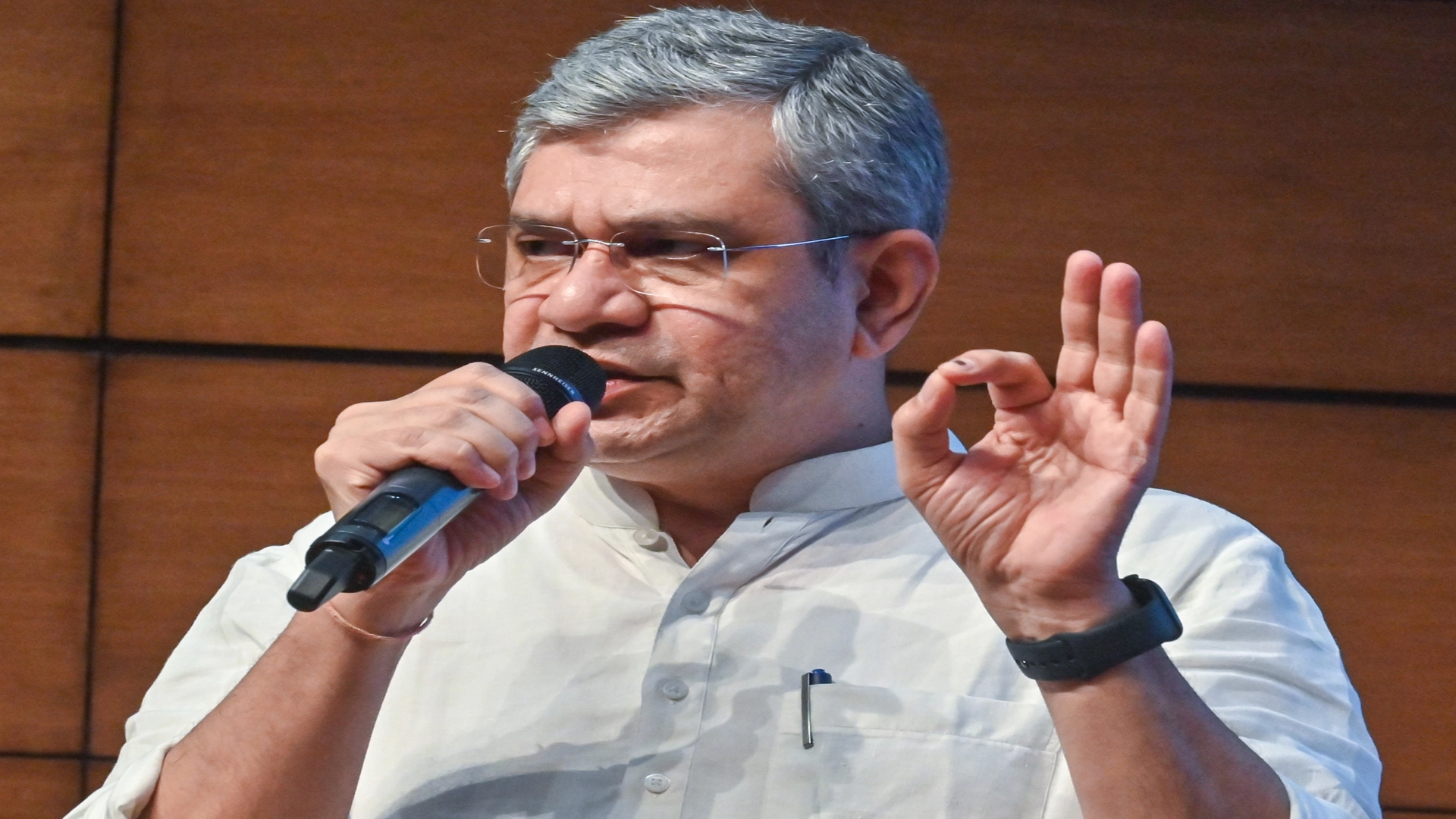
The Open Air Quality Day event was organized from November 20-22, 2023, by leading research institutions Panjab University, Chandigarh and PGIMER Chandigarh, having partners from IIT Delhi and Aakash Project from Research Institute for Humanity and Nature, Kyoto, Japan, to educate commoner about air pollution monitoring, Air Quality Index (AQI) and health effects.
Kicking off the 3-day event, Shri T. C. Nautiyal, IFS, Director, Department of Environment, Chandigarh Administration, Chief Conservator of Forests, Chief Wildlife Warden, Secretary, Science and Technology, HoD, Forest and Wildlife and Member Secretary of Chandigarh Pollution Control Committee (CPCC) delivered opening remarks to launch the Open-Air Quality Day officially. He emphasized creating awareness about air pollution and cultivating a technical understanding to engage individuals of all ages in mitigating air pollution and associated risks. Dr. Suman Mor, Professor, Department of Environment Studies, Punjab University, Chandigarh, highlighted that Open-Air Quality Day gave visitors hands-on experience with indoor and outdoor air pollution monitoring instruments and techniques, including how data is being generated to display on public dashboards or SAMEER apps. She added that we have CPCC’s Continuous Ambient Air Quality Monitoring Station, low-cost air quality sensors, Partcilaute and gaseous monitors, and state-of-the-art Clean Air Laboratory (CARLab) for filed measurements from IIT, Delhi. Dr. Ravindra Khaiwal, Professor, Department of Community Medicine and School of Public Health, PGIMER Chandigarh, mentioned that there is a need to make the public aware of what goes behind the calculation of Air Quality Index and formulation of air quality reduction strategies and policy. He emphasized co-creating living labs with the engagement of students and schools, the community, the administration, and other stakeholders. “Investing in sustained community education sows the seeds for innovative local solutions,” Dr. Mor added. Dr. Khaiwal stated that the young generation, equipped with tangible skills, can help manifest a better future, clean environment and good health for all. Both professors hope to continue such citizen-focused community mobilization programs as a tradition to promote community education on air pollution monitoring and mitigation strategies, including the adoption of Lifestyle For Environment (Mission LIFE) to promote environmental sustainability.
Over 500 participants, including school students, college students, faculty, researchers and the public, were made aware of the air quality monitoring techniques during the three days of the campaign. The feedback shows that visitors were motivated to adopt a lifestyle that reduces individual carbon footprints. After gaining practical knowledge of the gold standard and cutting-edge techniques, participants were encouraged to spread awareness and contribute to local clean air efforts. These activities were supported by the ‘Community Environmental Empowerment Program- CEEP’ project initiated under the Ministry of Environment, Forest and Climate Change, India and Climate, Health and Air Monitoring Project (CHAMP) by Health Care Without Harm, India.















